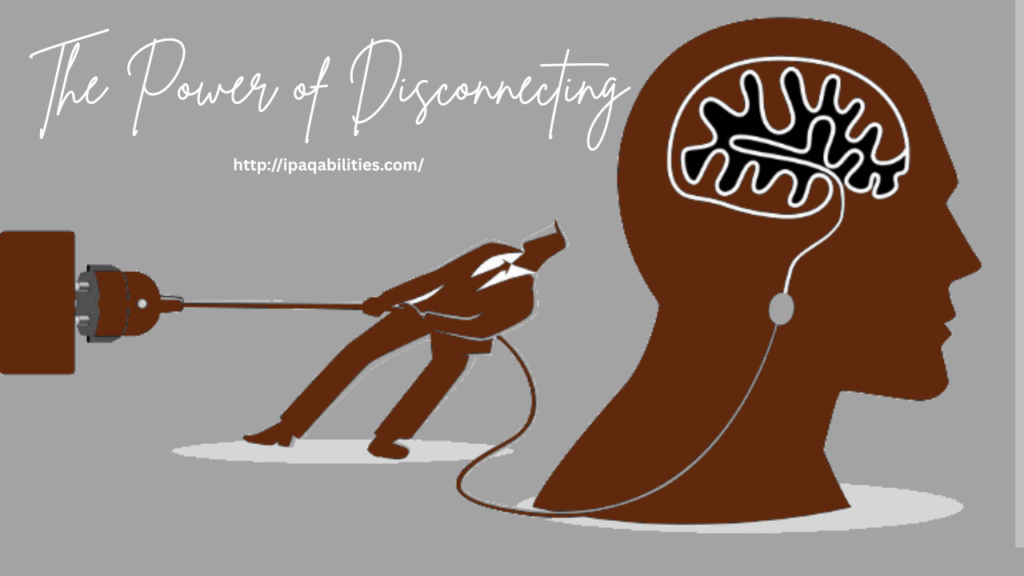Disconnecting to Reconnect: Battling the Psychological Effects of Communication Technology

In an age defined by instant messaging, social media updates, and around-the-clock notifications, the ability to stay connected at all times has become both a blessing and a burden. Communication technology has revolutionized how we interact with the world, but it has also brought unintended psychological consequences. As screen time increases and face-to-face interactions diminish, more people are experiencing stress, anxiety, and emotional fatigue. The concept of “disconnecting to reconnect” has emerged as a powerful remedy—a call to unplug from digital communication in order to restore our mental well-being and rebuild genuine human connections.
The Hidden Strain of Constant Connectivity
Smartphones and communication apps are designed to keep us engaged, often encouraging compulsive checking of messages, emails, and social feeds. This constant interaction with our devices creates a state of mental overstimulation, where the brain is rarely given the opportunity to rest. Over time, this can result in heightened anxiety, irritability, and difficulty concentrating. The mere presence of a smartphone—buzzing with potential alerts—can fragment our attention and prevent deep, meaningful focus.
Furthermore, the psychological burden of feeling “always available” can lead to emotional exhaustion. Whether it’s replying to late-night work emails or keeping up with the latest group chat, people often feel pressure to respond immediately. This erosion of boundaries between work, personal life, and downtime increases stress and reduces opportunities for genuine relaxation and mental recovery.
Digital Relationships vs. Real-World Connections
Communication technology has also changed the way we form and maintain relationships. While apps and social media make it easy to stay in touch, they often replace in-person conversations with quick texts or surface-level interactions. This shift can result in feelings of loneliness and disconnection, even when we appear to be constantly “connected.”
Online communication lacks many of the emotional cues—like facial expressions, tone, and body language—that are crucial for authentic human connection. Over time, relying on digital interaction can weaken our ability to form deep, empathetic relationships, which are essential for emotional health and resilience.
The Power of Disconnecting
Taking time to unplug from communication devices can have profound benefits for mental health. Disconnecting doesn’t mean rejecting technology altogether, but rather creating intentional space to reset and recharge. A “digital detox,” even for a few hours a day, allows the brain to rest from constant stimulation and gives individuals the chance to be more present in their surroundings.
Spending device-free time with family and friends, engaging in physical activity, reading, or simply sitting in silence can restore emotional balance. These practices help reduce anxiety, improve mood, and rebuild attention span. Most importantly, they foster meaningful in-person connections that strengthen our sense of belonging and support.
Reclaiming Balance in a Digital World
In today’s fast-paced, tech-driven society, disconnecting has become a form of self-care. Setting boundaries—such as limiting screen time, turning off non-urgent notifications, and scheduling offline hours—can significantly improve mental well-being. More organizations and individuals are beginning to recognize the importance of digital mindfulness as a countermeasure to the psychological strain of technology.
In conclusion, as communication technology continues to evolve, so must our approach to using it. By choosing to disconnect at times, we create space to reconnect—with ourselves, with others, and with the world around us. Finding this balance is essential for protecting our mental health in a world that rarely pauses.